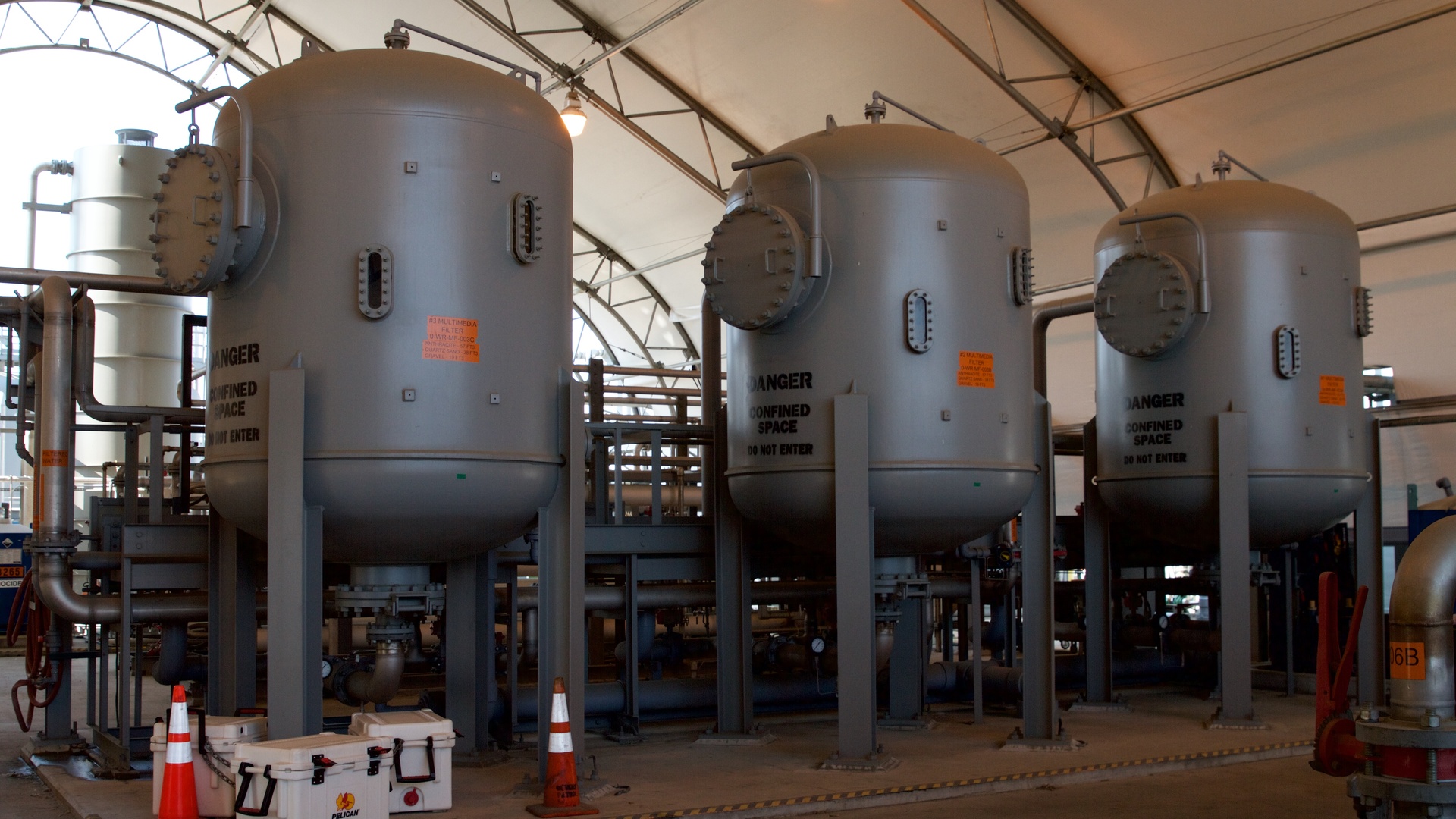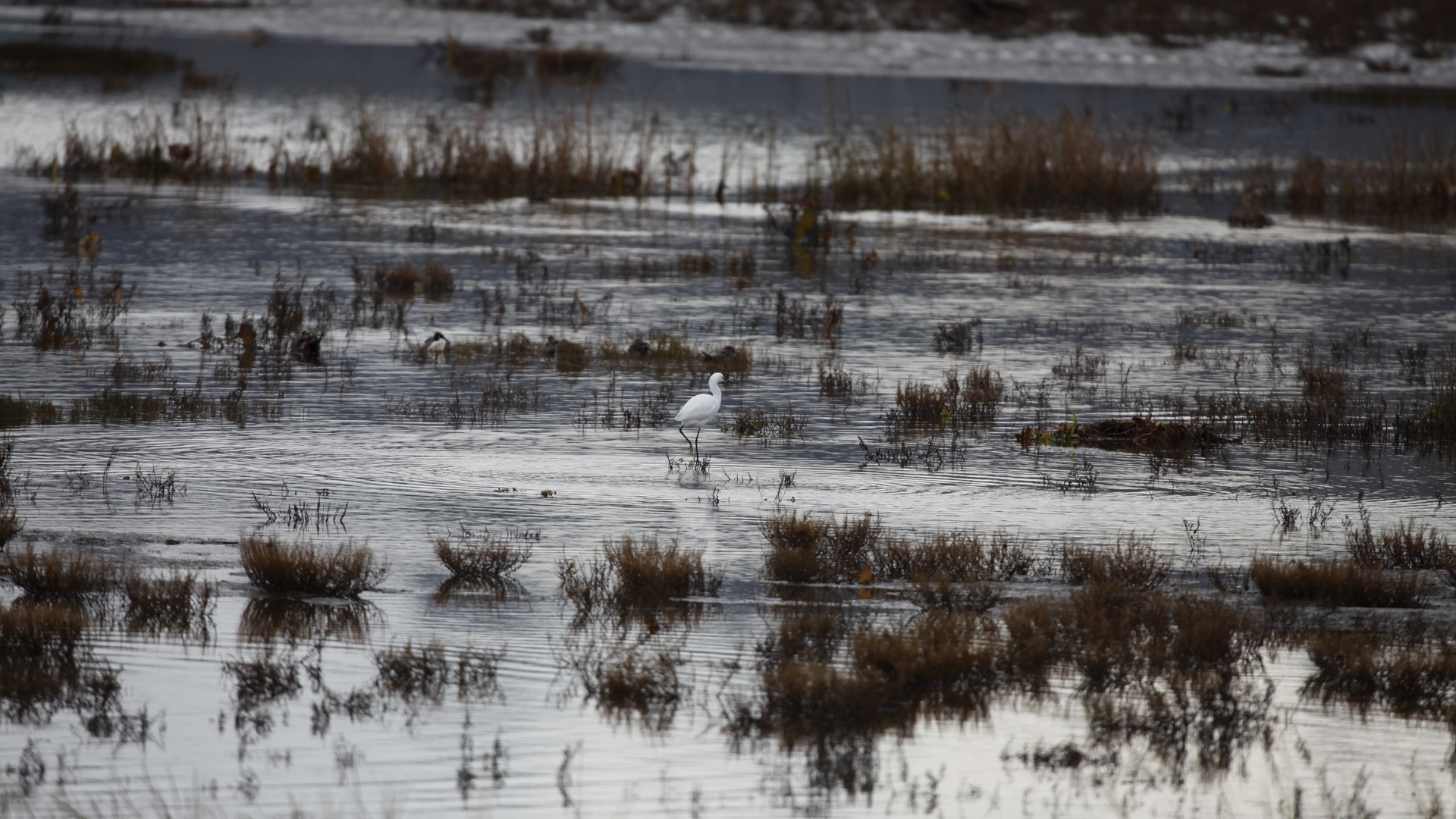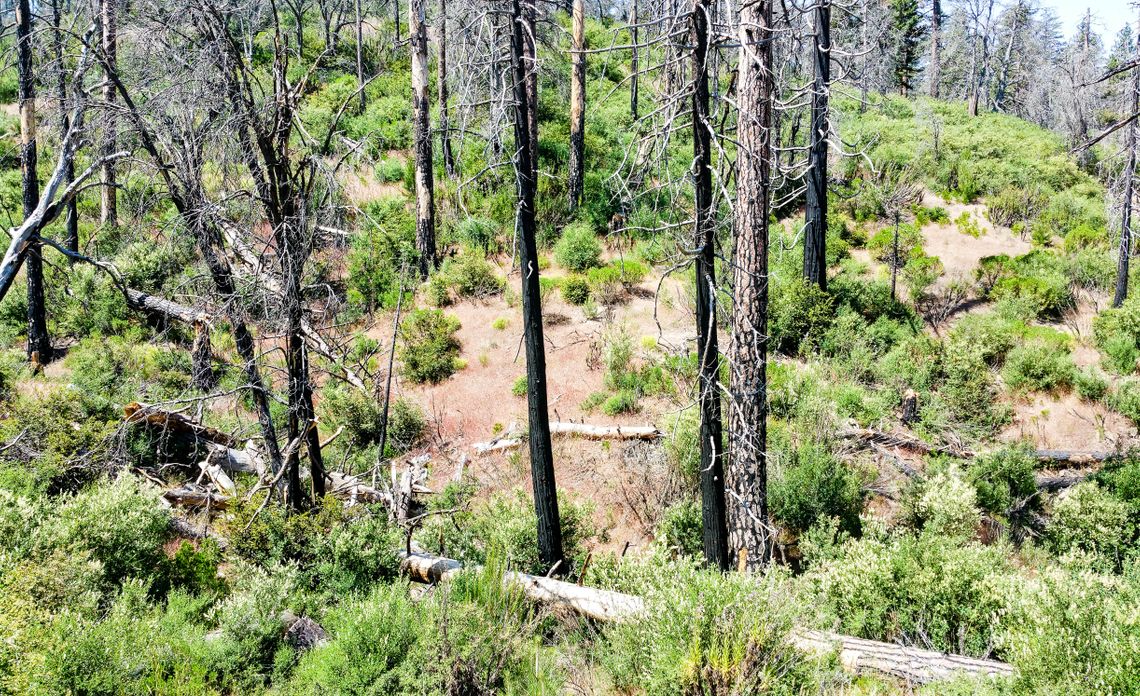Protecting & Restoring the Environment

SCE’s Biological and Archaeological Resources (BAR) section is committed to protecting California’s biodiversity and cultural resources. The BAR section supports project work throughout SCE’s service territory by providing guidance and managing programs designed to avoid and minimize impacts to wildlife, natural habitats, and cultural resources.

Southern California continues to face serious air quality issues. Most of our area's emissions (80%) come from mobile sources such as cars, trucks and trains. The rest comes from stationary sources such as refineries, power plants and factories. We believe continued collaboration among Southern California stakeholders is essential to resolve these issues for a sustainable energy future.

Located in Redlands (CA), our Mountainview natural gas-fired generation facility helps to protect water quality with an advanced, environmentally friendly and efficient cooling system. It draws water from a mix of sources including reclaimed municipal water and contaminated groundwater. We boost efficiency by treating it onsite for re-use and recovering 75% to 80% of the water that would normally be discarded.

Along the coast of Southern California, native species are finding fertile homes in environmental projects designed to offset the adverse impact on marine life by the ocean-water cooling system at our San Onofre plant. The San Dieguito Wetlands Restoration Project revitalized 150 acres of coastal wetlands, creating a fish nursery and a refuge for migratory waterfowl and endangered species. Nearby, our 174.4-acre artificial giant kelp reef is thriving. As the nation’s first sustainable artificial kelp forest, it attracts countless species of coastal fish and invertebrates.

We manage 20,000 acres of Sierra Nevada forestland near Shaver Lake and Dinkey Creek, east of Fresno (CA). Our efforts have restored conditions to their pre-1850 status and are helping wildlife populations – including bald eagles and spotted owls – to thrive. Our community-based approach to forest management includes consideration for community values and has led to a healthier forest and a safer community for everyone.
